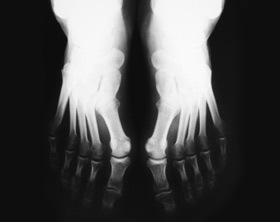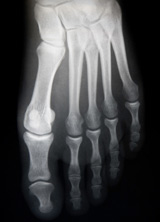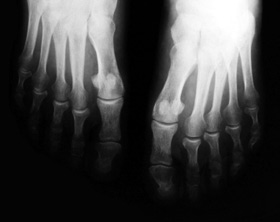Rheumatoid arthritis (RA) is a lifelong condition that has the potential to have a tremendous impact on your life if it is not managed properly. It can impair your ability to perform everyday tasks such as simply buttoning up a shirt, washing your hair, or preparing a meal. RA can be so severe that walking becomes difficult. The effect on quality of life and disability varies from person to person and throughout a person's lifetime.
Like others who have to deal with chronic illnesses, people with RA have to manage their condition for the long term. They will have many appointments with their doctor and may have to make some compromises, but treatment can manage the condition and allow you to live well despite RA. It is you who has to live with this condition, so it is important that you discuss and regularly communicate with your doctor about what matters most to you.
When people have a lifelong condition like RA, one of their major concerns is looking into the future. They may wonder, "What if I become more disabled and dependant on others? Will I be able to work?"
One of the ways to put that control back into your life is to take an active role in your treatment. That means understanding your condition and how it is treated, following a good treatment plan, and checking in to see whether the treatment is working. Work with your doctor to develop a treatment plan early, which will enable you to help your doctor follow and treat your symptoms properly. This is important in RA because the disease may remain active even though your symptoms may be mild. One way to evaluate whether treatment is working and how the disease is progressing is to take X-rays of the joints and look for changes.
Without appropriate treatment, disease progression may continue to occur even if people with RA feel fine. Over time, the joints continue to erode, as shown in these X-rays:



These radiographic images show examples of possible disease progression in people with RA who do not have any symptoms. You can talk to your doctor about getting radiograph tests to find out how your RA is progressing.
Since we know that treatment can reduce signs and symptoms of RA and slow down joint damage and reduce pain so that you can help maximize your ability to lead a full life, it is very important to see your doctor for treatment and to monitor your progress. If you are already being treated for RA but you continue to experience symptoms, talk to your doctor so that you can work on an effective treatment plan.










